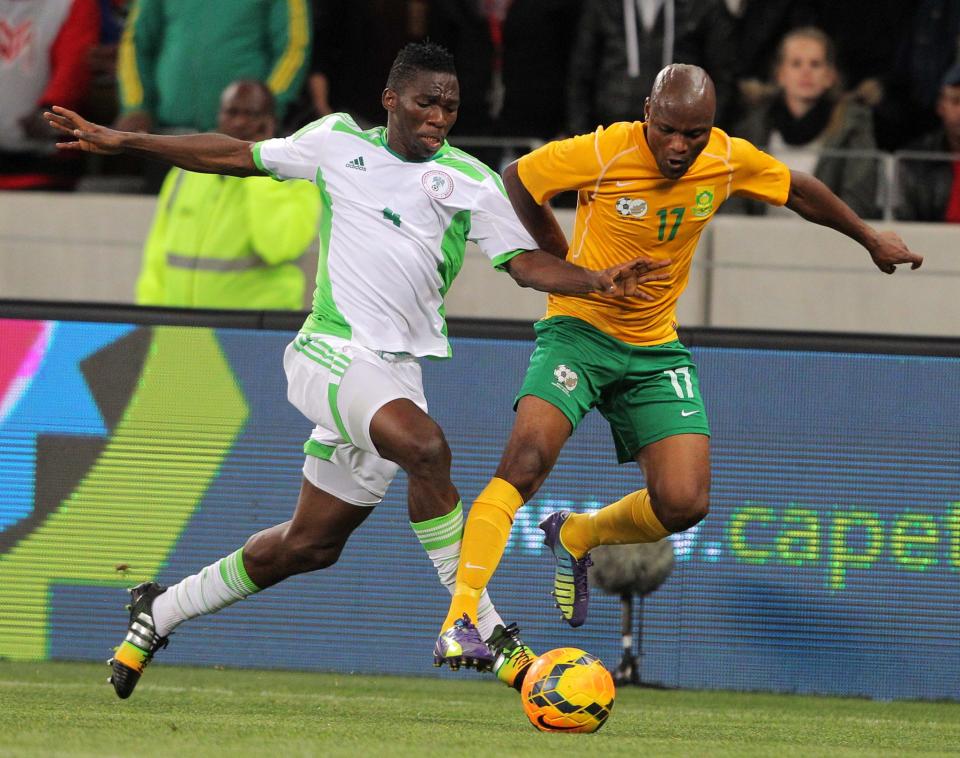AFCON encapsulates the chaos that used to come with international tournaments

Whether you welcome the start of the Africa Cup of Nations this weekend depends on your viewpoint. If you’re a Premier League manager, for instance, robbed of players for the next month as a consequence of the tournament, it’s unlikely you’ll be the biggest fan. But for the rest of us without a team to pick or training sessions to hold AFCON is something that should be cherished.
It’s an international tournament like no other, and not just because it comes midway through the season, or that it’s held every two years as opposed to the usual four-year cycle adopted by other competitions. There’s a certain charm to it, a charm that offers something of a throwback to the way international football used to be.
That’s not to belittle AFCON as a modern football tournament. A total of 368 players from 63 different countries and four different continents will feature this year, with global superstars like Pierre Emerick Aubameyang, Sadio Mane and Riyad Mahrez all taking part. African football knows how to put on a show.
But there’s a unique chaos to AFCON that sets it apart from any other modern international tournament. Maybe it comes from the disorganisation that often blights the competition. AFCON is frequently set against a backdrop of political unrest, like in Gabon this year. Two years ago the tournament was moved from Morocco to Equatorial Guinea just weeks before the first game due to the Ebola virus epidemic in Western Africa.
Of course, it could be argued that the last two World Cups have been played against a backdrop of organisational chaos. And it should be noted that disorganisation shouldn’t be considered charming, particularly when it results in the kind of tragedy that struck the Togo national team prior to the 2010 AFCON, when the team bus was ambushed by gunmen.
On the field, though, the comebacks, goalfests and upsets that tend to come as part of AFCON make it something of a throwback as an international spectacle. The latter in particular is something that gives the tournament its charm.
Portugal pulled off a surprise last summer by winning the European Championships, but in the grand scheme of things, taking into account how they had Cristiano Ronaldo and a squad full of top-level performers, it didn’t really rank as an upset for the ages. AFCON, though, specialises in upsets.
Like the one that saw rank outsiders Zambia defeat favourites Ivory Costa in on penalties in the 2012 final. Or the one that saw Cape Verde make it all the way to the quarter-finals in their first appearance at AFCON. There’s just something about the tournament that makes it ripe for a triumph against the odds.
All this contributes to the aura of an event that for some reason has yet to be tamed by the modern game. Perhaps it’s because African football exists somewhat outside the mainstream, outside the glare of the sport’s primetime spotlight, that is captivates and compels so many. Maybe it’s because we will watch literally any football that is broadcast live at 4pm on a Tuesday afternoon in January.
Whatever the reason, the end result is something that is in stark contrast to the sterilised fare usually offered up by the international game. While national pride and patriotism has recently contributed to the division of society in the western world, African football finds a way to harness what is positive about such traits.
This year’s AFCON kicks off just a week after a landmark moment in the history of international football, with FIFA members voting to expand the World Cup to include 48 teams, coincidentally generation an additional £521 million in revenue. As an elite sporting event the World Cup is becoming less about the sport and more about the elite. In contrast, African football hasn’t yet become a tool simply to make money from in quite the same way.
Admittedly, AFCON is often just as political as anything overseen by FIFA, with the tournament used as a propaganda tool in its early days by the continent’s dictators and autocrats. Even now, conflict over last August’s presidential elections in Gabon cast a shadow over the competition as it rolls into town, with Gabonese security forces expected to maintain a strong public presence over the next three weeks.
And yet none of this can taint football’s eternal throwback. Much of what makes AFCON different is intangible, a charm that is impossible to grasp or nail down. But make no mistake, that charm is there. It’s unmistakable.


